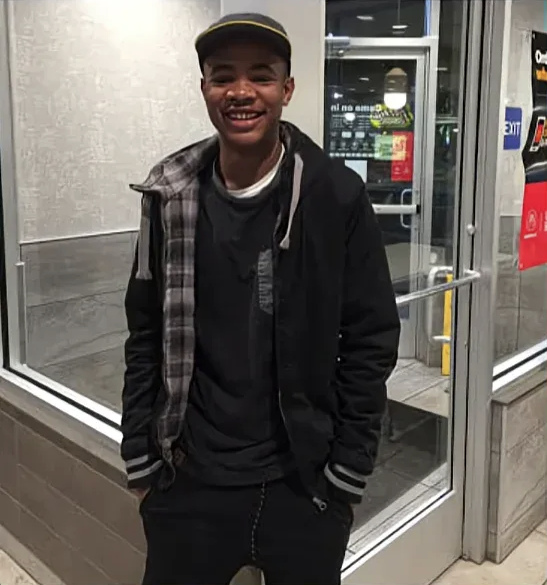
After a long workday with no lunch, she stopped at McDonald’s for dinner. She was exhausted, hungry, running on fumes. At the payment window, she reached for her wallet—and realized she’d forgotten it.
Before she could cancel the order, before she could apologize and drive away embarrassed, Jeremiah, the young employee working the window, said something that stopped her in her tracks: “It’s okay ma’am, I got you.”
He paid with his own money. He didn’t know how tired she was. He didn’t know she’d been working all day without eating. He didn’t know if she had anyone waiting for her at home or if this was just another hard day in a string of hard days. But he didn’t need to know. He just saw someone in need and acted.
She later got permission from his manager to share the story and repaid him. But the money wasn’t the point. The point was that Jeremiah’s instant kindness had carried her through the rest of a hard day. It reminded her that the world still has people in it who help without hesitation, without conditions, without expecting anything in return.
Jeremiah didn’t think twice. He didn’t calculate whether he could afford it or whether she deserved it. He just acted. Because kindness doesn’t wait for permission. It doesn’t require a perfect moment or a guarantee of repayment. It just shows up when someone needs it most.
That meal cost maybe ten dollars. But to someone who was exhausted, hungry, and feeling forgotten, it was priceless. It was proof that there are still Jeremiahs in the world—people who see a need and meet it, quietly, generously, without fanfare.
She’ll never forget that moment at the drive-through window. And Jeremiah? He probably went back to work, took the next order, and never thought about it again. Because to him, it wasn’t extraordinary. It was just what you do when someone needs help.
And maybe that’s the most beautiful part. Not that he did something heroic, but that he did something simple—and it meant everything.